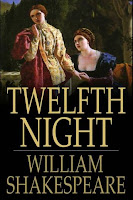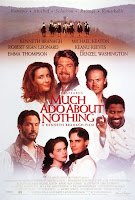 |  |  |
So you've officially run the gamut, huh? Learning about iambic pentameter, 2.5 Shakespearean tragedies, and now, three Shakespearean comedies. You're welcome.
As we're just about ready to finish up with the greatest English writer in history, I wanted you to take a moment to deeply evaluate the three comedies that we watched/read/watched and analyze what they're really made of. As I said in class, try to go deeper than the obvious "TEACH-AH, THEY'RE ALL ABOUT PEOPLE FROM A LONG TIME AGO BEING IN LOVE!!!" That will make me angry. And you wouldn't like it when I'm angry.
Instead, focus on the similarities and differences in themes like (but not limited to) these:
- Gender roles (i.e. How to men/women act?, How do people treat men/women?, What are the expectations for men/women?, How do men/women act towards expectations?)
- Power (i.e. Who is usually in power?, How do people treat those in power?, Do those in power act fairly?, How is the "dummy" or weakling portrayed?)
- Love (i.e. What is real love?, What is fake love?, Is all love equal/How?)
- Humor (i.e. What must Shakespeare consider "funny"?, What makes something funny?, Is humor timeless?)
Bonus—Not a comedy (actually, a tragedy), but hilarious nonetheless:
No comments:
Post a Comment